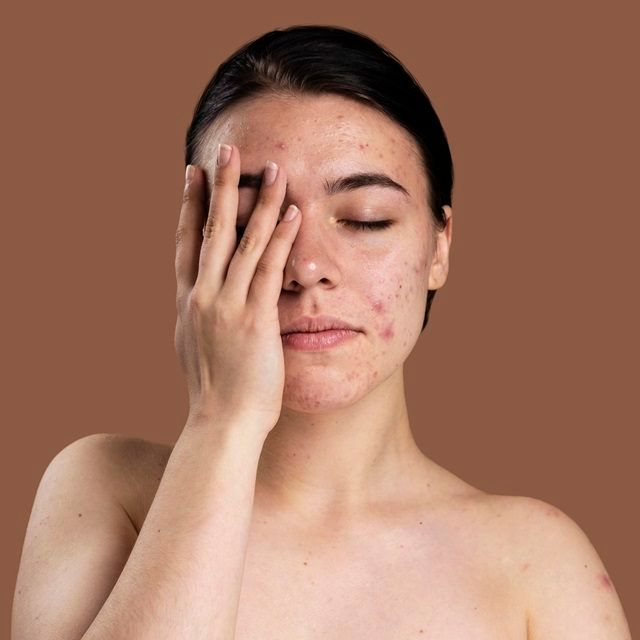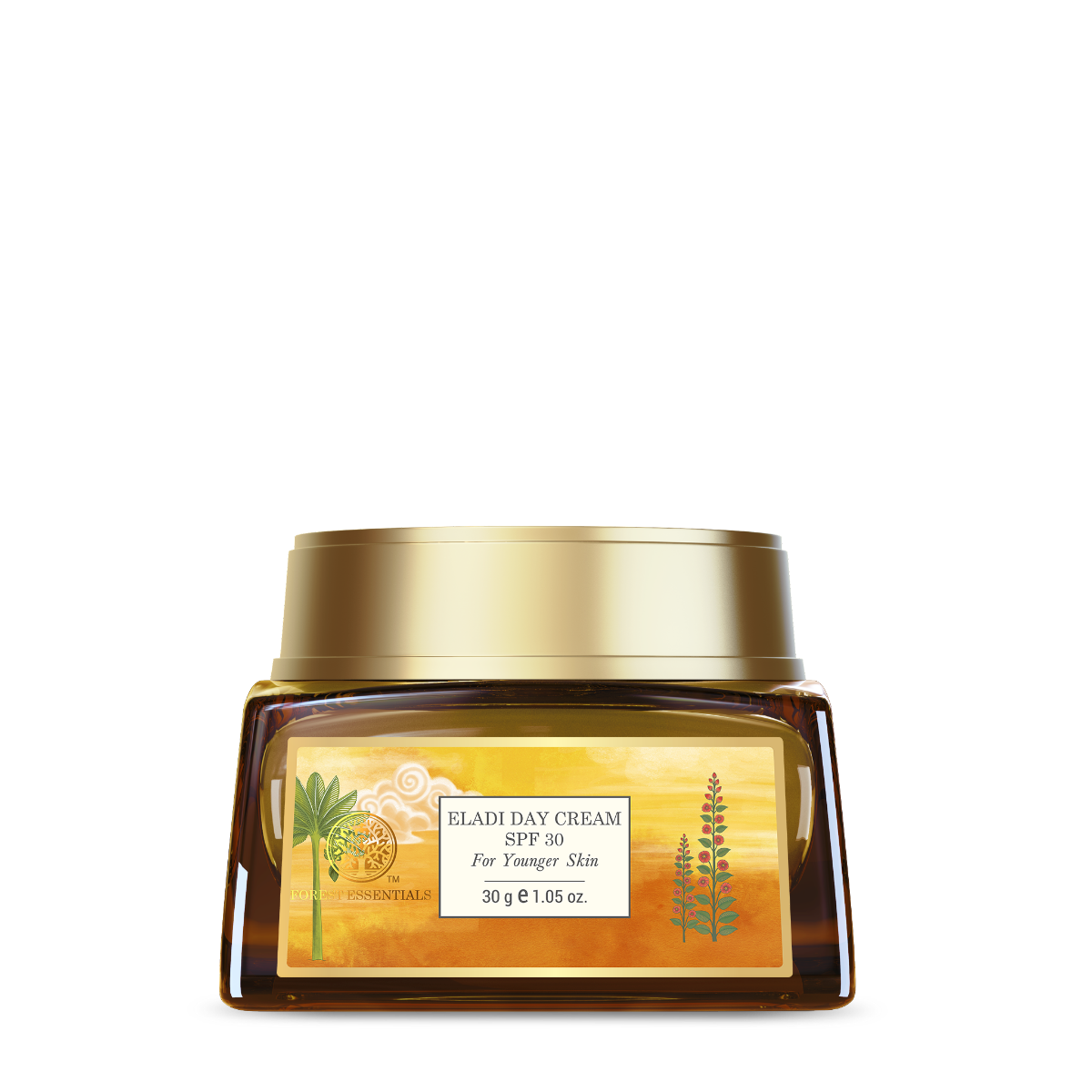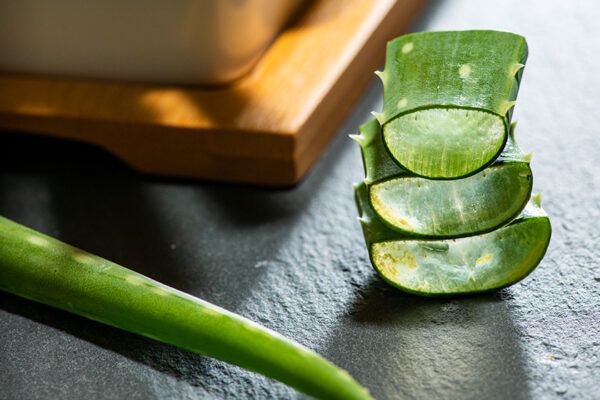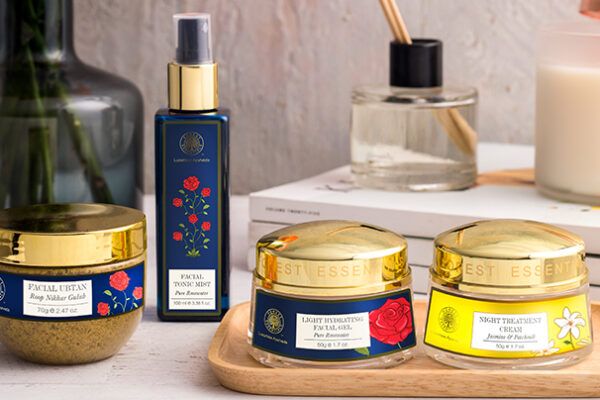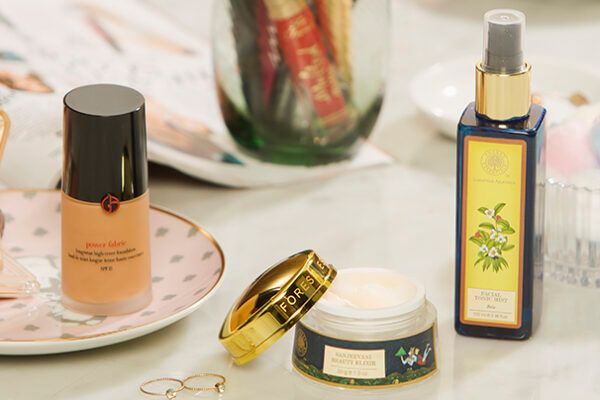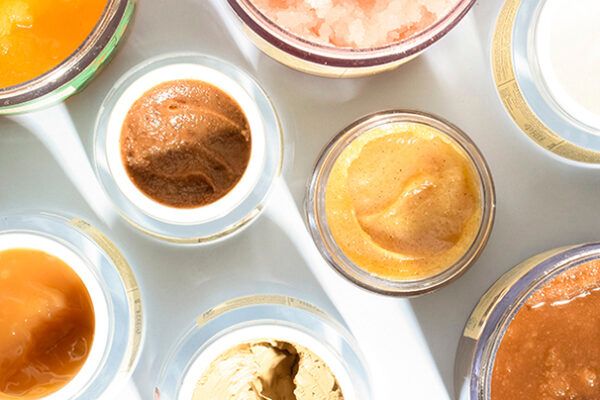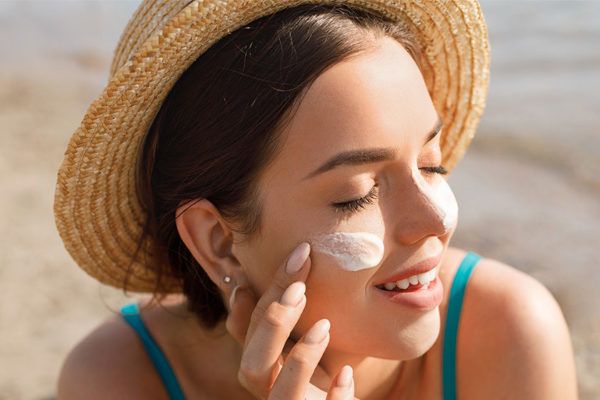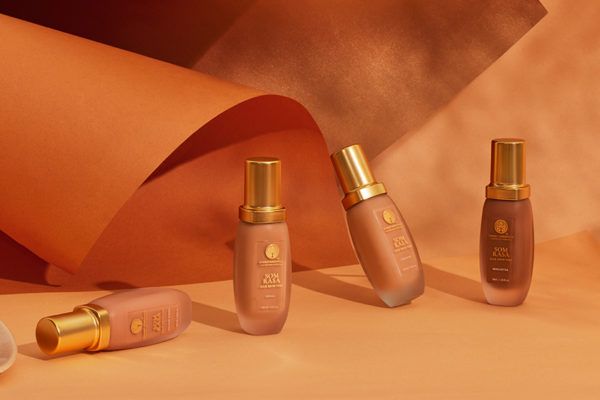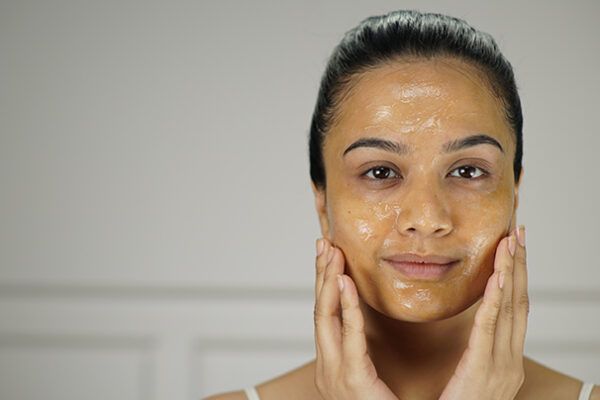Skin barrier is one of the most common skincare terms nowadays. Questions that revolve around it such as how to revive it, keep it protected, and know the signs of a damaged barrier are not uncommon either. However, only a few know what a skin barrier actually is. It is the outermost layer of our skin that shields against irritants and environmental aggressors and keeps the skin hydrated. Understanding how this barrier functions and how to maintain its integrity can be transformative for anyone struggling with skin issues such as dryness, sensitivity, and other skin issues. Let’s explore more about barrier, the best practices, and skincare products to keep it in the healthiest manner.
What is A Skin Barrier?
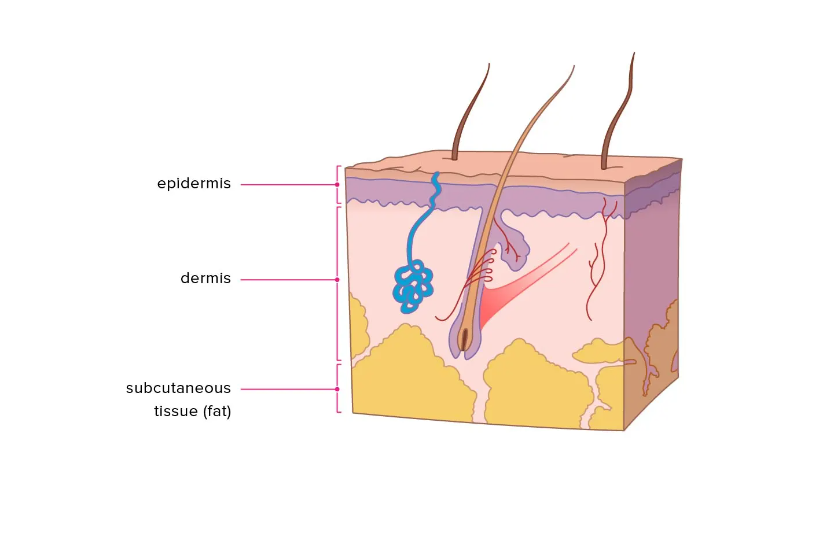
Our skin is made up of three distinct layers, namely hypodermis, dermis and epidermis, and each one of them has several sublayers that have their own specialised functions to perform. The bottommost layer is the hypodermis which supports the muscles and bones, the middle layer is the dermis which takes care of blood supply and sweat production. The outermost layer of the skin or the epidermis is what houses the skin barrier. It acts like a wall between the outer world and your inner organs, it keeps them protected and secure from any danger. It consists of essential nutrients such as cholesterol, ceramides, and fatty acids thereby keeping the deepest layers of the skin nourished and hydrated.
Roles of The Skin Barrier
Prevents Moisture Loss
One of the primary functions of the barrier is to retain moisture in the skin by preventing transepidermal water loss. This helps keep the skin healthy and hydrated and free from roughness, dryness, and flakiness. If the skin barrier is not working as it should, your skin could be prone to dehydration making it appear dull and dry.
Shields Against Environmental Aggressors
The skin barrier protects against environmental stressors like UV radiation, pollution, allergens, and toxins that could potentially pose a great threat to the skin. These aggressors, often known as free radicals, can damage the skin cells and could lead to pigmentation, ageing, premature wrinkles, and loss of skin elasticity.
Defends Against Pathogens
The skin barrier helps prevent pathogens such as bacteria and viruses from entering the body and leading to infections and other skin issues.
Regulating The Skin’s pH
Apart from its most crucial function of protecting the skin, the skin barrier is also responsible for maintaining the natural acidic pH level of the skin. This helps to keep the moisture intact and harmful bacteria and fungi at bay while supporting the growth of favourable microorganisms.
Maintaining the Skin’s Integrity
The skin barrier supports the structural integrity of the skin which is important for overall skin health and keeping it plump and youthful. A damaged skin barrier can also potentially increase the risk of developing conditions such as eczema or psoriasis.
Supporting Skin Regeneration
A healthy skin barrier plays a crucial part in supporting the skin’s healing process. It helps in the renewal and repair of skin cells which further contributes to an even and healthier complexion.
Signs of A Damaged Skin Barrier
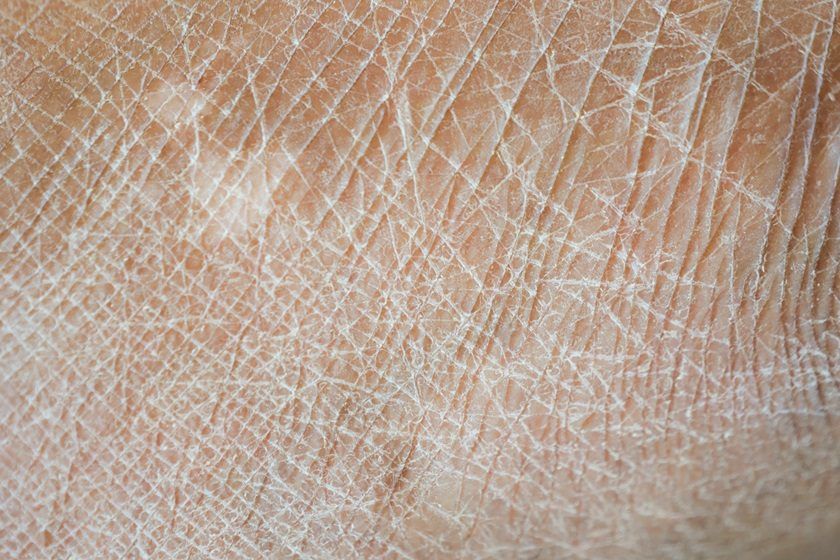
There are various symptoms of a compromised skin barrier and it could lead to a host of skin conditions. Some of these are:
Dryness, Flakiness, and Itchiness
When your skin barrier is damaged, it does not retain moisture effectively which leads to persistent dryness, rough skin texture, and flakiness. This makes your skin appear dull and lifeless and could also lead to uneven complexion.
Increased Sensitivity and Inflammation
A compromised skin barrier is more prone to sensitivity, irritation, and inflammation. If you experience constant redness, itching, stinging, and burning sensations after using skincare products or being exposed to certain elements or irritants, it might be a sign that your skin barrier is compromised.
Increased Breakouts
A damaged skin barrier is more prone to acne as it can allow bacteria to enter the skin resulting in breakouts or escalating already existing acne issues. It can also cause excess oil, dirt, and bacteria to clog pores more easily.
More Prone to Bacterial or Fungal Infections
One of the primary functions of the skin barrier is to shield various pathogens from entering the skin. Therefore, when a skin barrier is weakened it makes you more vulnerable to various skin infections.
Apart from these, there are other signs as well that could mean that your skin barrier is damaged. If your skin feels tight and has rough patches even after moisturising it could mean that your barrier is not retaining hydration. Discolouration, pigmentation, and uneven skin texture can also prevent your skin from looking smooth and healthy.
Steps for Skin Barrier Repair
Step 1: Use a Gentle Cleanser
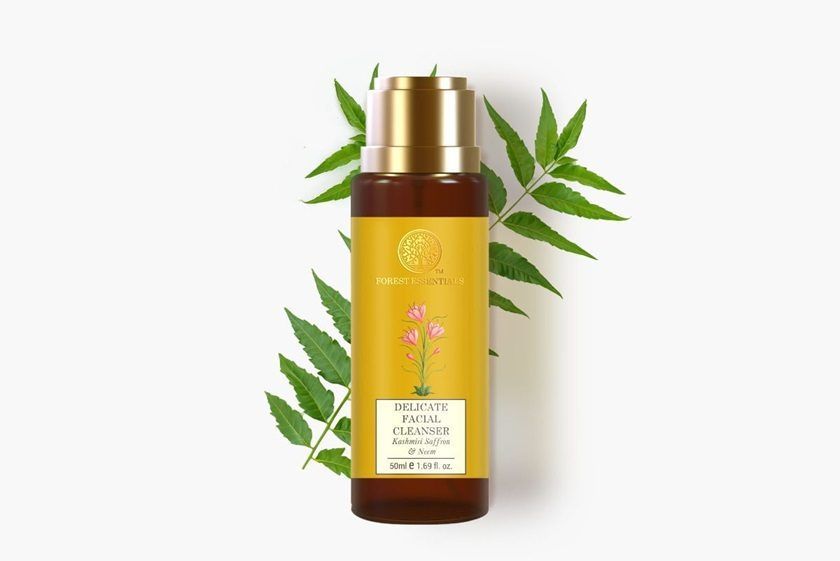
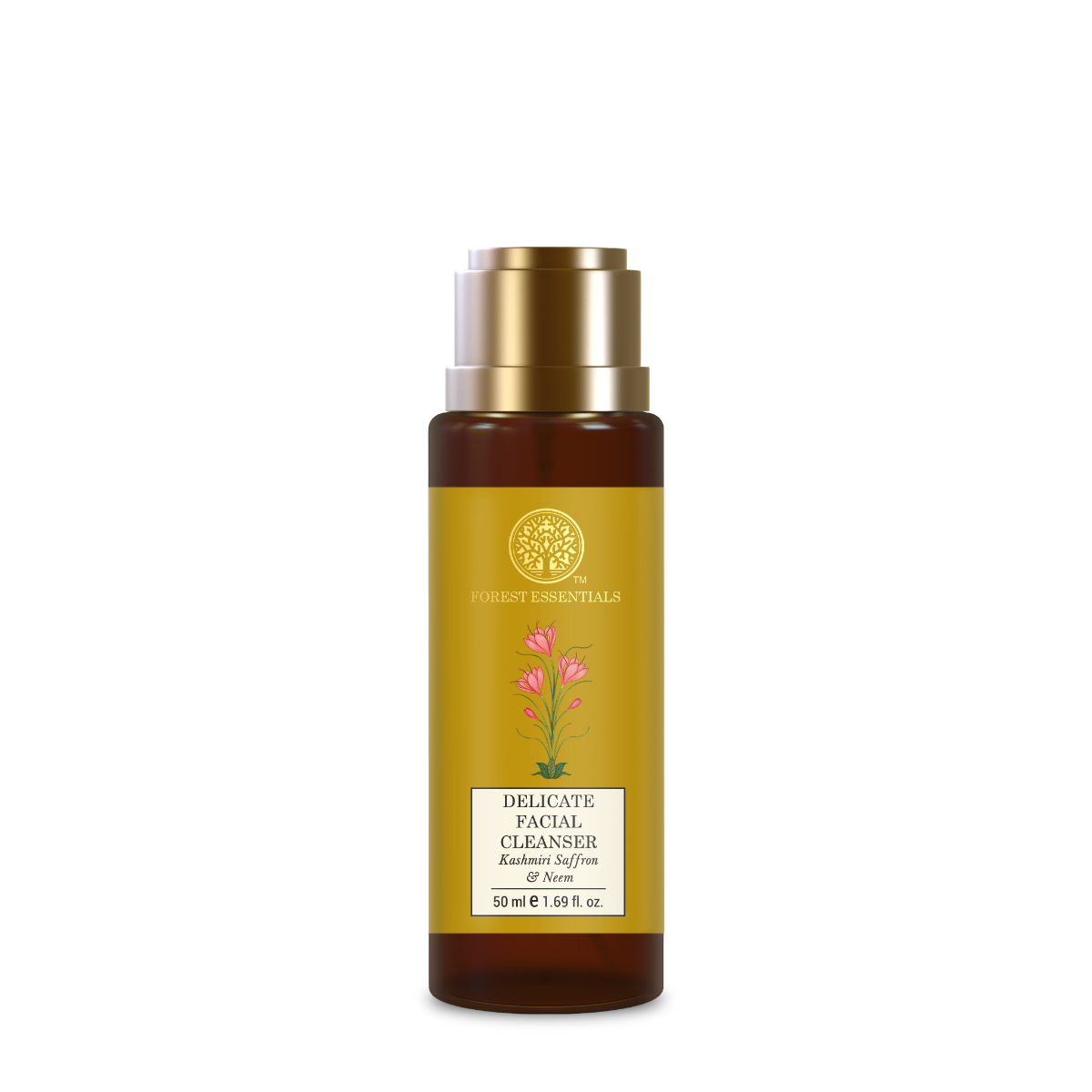
Opt for a mild cleanser that hydrates your skin and does not strip off the natural moisture. Forest Essentials’ Facial Cleanser Kashmiri Saffron & Neem are made with Ayurvedic ingredients that deeply cleanse the skin and are free from SLS/SLES. They deliver targeted benefits while keeping your skin feeling refreshed, balanced, and glowing.
Step 2: Incorporate A Toner
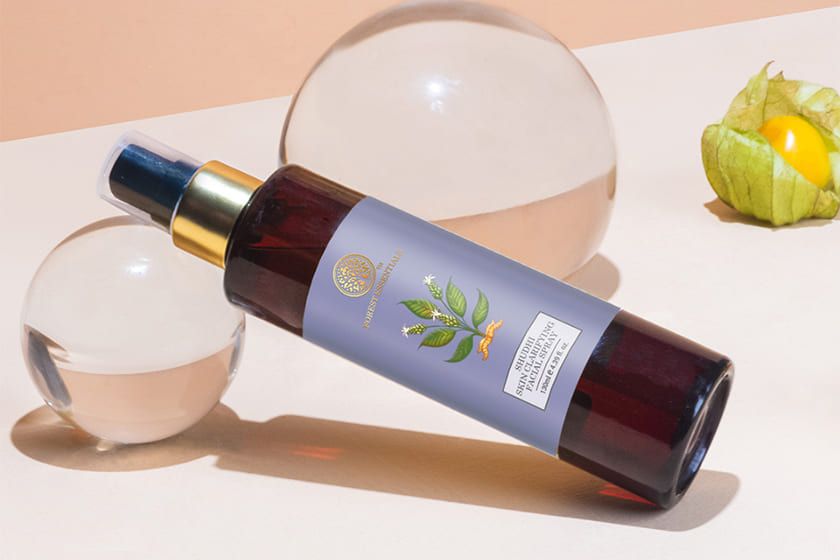

Most people skip using a toner, however, this should not be done since a toner plays a crucial part in balancing your skin’s pH levels. Forest Essentials’ Facial Tonic Mists are prepared with pure floral extracts and are extracted through the steam distillation process. They help to rehydrate and tone your skin, minimising the appearance of enlarged pores.
Step 3: Moisturise Regularly
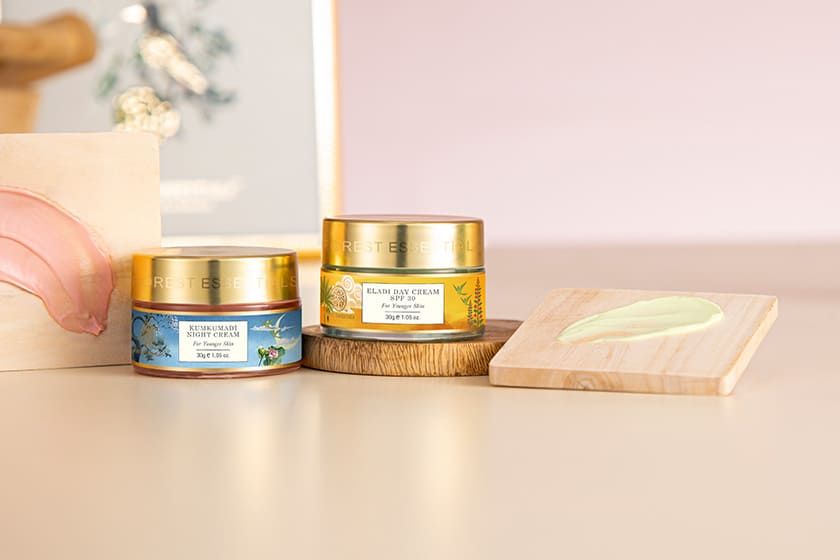
Moisturisers ensure your skin stays smooth and plump by providing long-lasting hydration and locking it in the skin. Forest Essentials’ Face Creams are infused with Ayurvedic ingredients and potent actives that not only provide intense moisturisation to the skin but help support the barrier. These creams are free from harmful chemicals, parabens, toxins, and sulphates that can pose any kind of threat to the skin or cause damage to the skin barrier.
Step 4: Never Skip Sunscreen
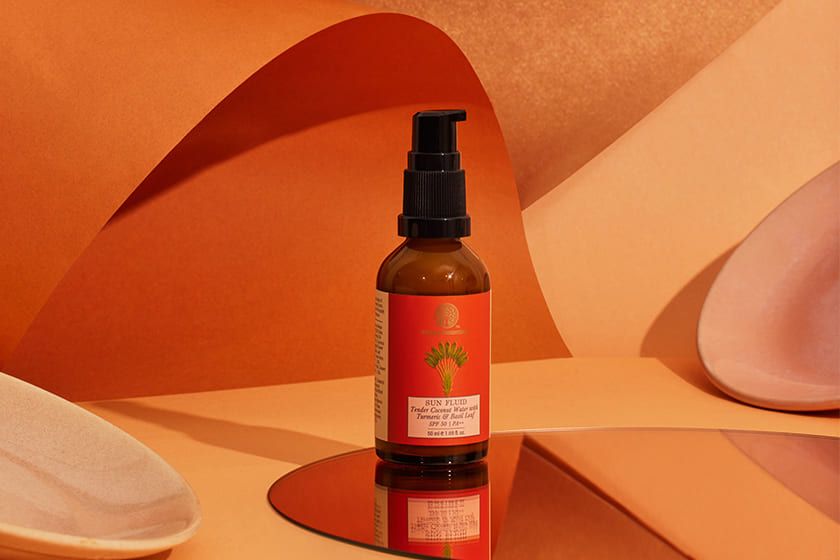

Always apply sunscreen, even when you plan on staying indoors or during cloudy days. It helps defend your skin against the harmful UV rays of the sun and supports barrier repair while preventing further damage to it. Forest Essentials’ Sun Fluid with SPF 50 and PA++ keeps your skin hydrated and promises protection of upto 6 hours from harsh UVA/UVB sun rays.
How To Revive a Damaged Skin Barrier
Apart from the steps and products mentioned above, there are certain lifestyle and skincare changes that you can incorporate to fix your damaged skin barrier. These include:
- Avoiding hot water to wash your skin.
- Drinking plenty of water.
- Eating a healthy and balanced diet.
- Prioritising restful sleep.
- Practising stress management.
- Incorporating barrier repair ingredients such as ceramides, hyaluronic acid and niacinamide.
- Eliminating harsh products with strong fragrance, alcohol and ingredients that irritate.
Conclusion
Maintaining your skin barrier is crucial for healthy and glowing skin. By understanding the functions and incorporating some mindful practices you can ensure your barrier stays protected and works efficiently, preventing moisture loss and safeguarding you from environmental aggressors and irritants. By choosing the right products and ingredients and consistently caring for skin you can maintain your skin barrier and prevent it from damage.
FAQs
How to know if your skin barrier is damaged?
If your skin is inflamed and irritated easily, is consistently dry, rough and flaky and more prone to acne as well as bacterial and fungal infections then these could be the common signs of a damaged skin barrier.
How to repair skin barrier?
To repair your skin barrier, you can incorporate Forest Essentials’ natural and Ayurvedic products that are gentle and free from harmful chemicals, parabens and toxins that could harm the skin. You should always apply sunscreen to stay protected from harmful UV rays of the sun. Avoid harsh ingredients and practices such as over-exfoliation that can further damage the skin’s barrier.
What does a healthy skin barrier look like?
Some signs of a healthy skin barrier are that it appears smooth, hydrated and even-toned without flakiness or rough patches. It is resilient to environmental aggressors and temperature changes with no itchiness or redness. The skin has a natural glow and feels comfortable with minimal sensitivity.
How to know if skin barrier is weak?
If your skin is extra sensitive, has persistent dryness with rough patches, is more prone to breakouts, redness and irritation, all of these could be common signs of a weak barrier.
How to take care of skin barrier?
Taking care of your skin barrier is simple. You should expose your skin only to gentle products that contain skin-loving ingredients preferably 100% natural instead of harsh and harmful skincare products that are filled with chemicals and toxins.
References
https://www.ncbi.nlm.nih.gov/pmc/articles/PMC5608132
https://karger.com/spp/article/36/4/174/863006/The-Skin-Barrier-and-Moisturization-Function
https://www.sciencedirect.com/science/article/pii/S0005273606002410



